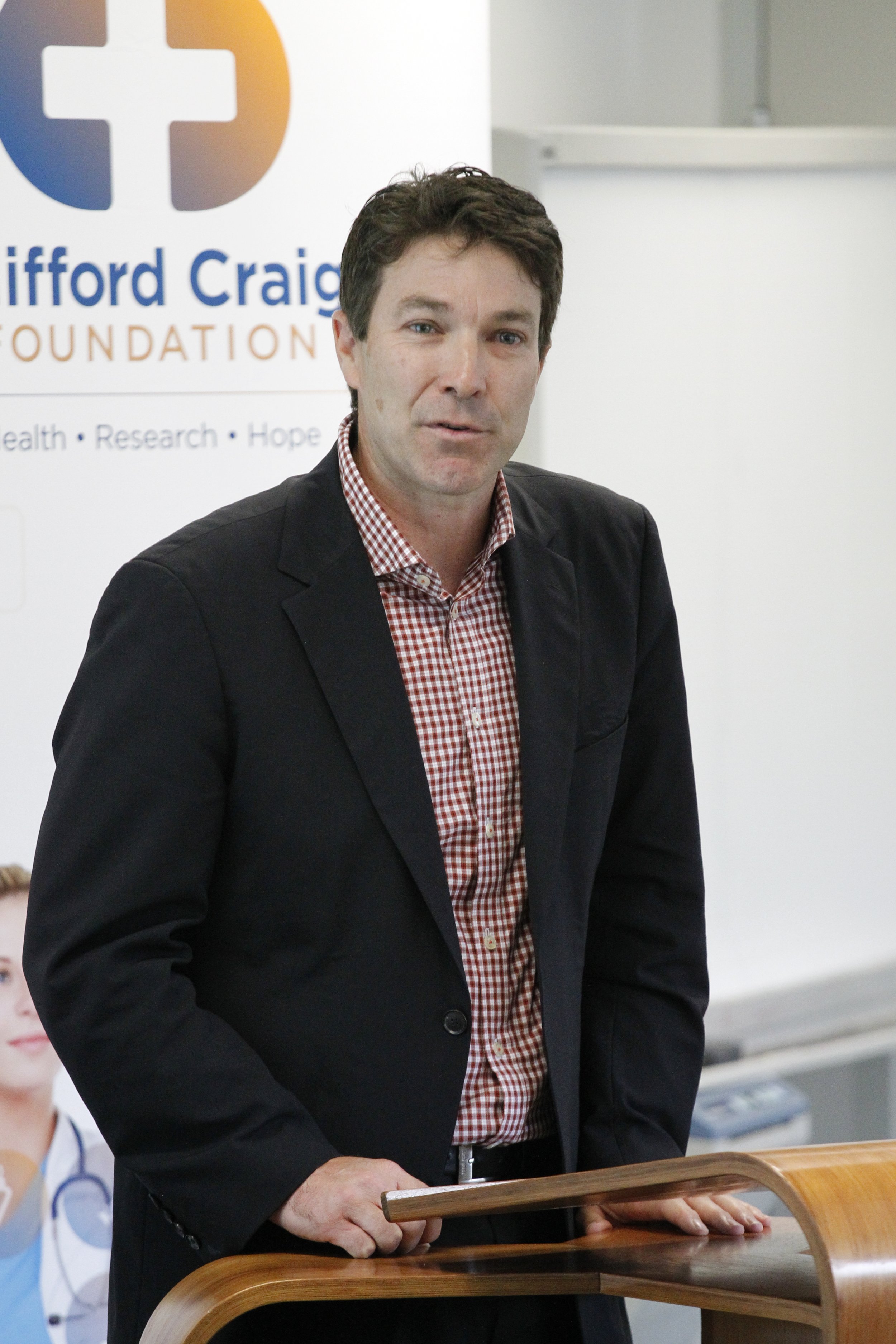Medical student education 'goes virtual'
“Creating an exceptional learning environment for juniors will lay the foundation for future generations of medical staff”
Dr Jonathan Mulford
Influence of immersive virtual reality on medical students’ engagement, learner confidence, motivation and attitude towards surgical disciplines during an orthopaedic surgical attachment – Jonathan Mulford $36,850
The education of doctors requires a variety of tools to ensure they have the skills, knowledge and confidence required to develop competency for their role as future doctors.
However, feedback from medical students often reflects the difficulty of getting ‘hands-on’ surgical experience during orthopaedic rotations.
This study will investigate the engagement with and learning outcomes of the introduction of Virtual Reality (VR) into medical student education, in the context of their learning in surgery and orthopaedic surgery.
A simulated experience gives the user an immersive feel of a virtual world. However, VR is not currently used in the Tasmanian School of Medicine, despite other settings taking on the technology for educational purposes.
This will be the first time VR has been incorporated in medical training in Tasmania.
Chief Investigator Jonathan Mulford, who is also the Orthopaedic Department Head of Unit and Director of Training at the Launceston General Hospital, said education was a crucial element of the LGH. The Orthopaedic Department remains actively involved in working to improve junior medical staff participation, learning and enjoyment.
“Demonstrating enhanced learning via Virtual Reality technology, could open the gates to integrating this type of training in all surgical disciplines, medical specialties, and even to nursing and allied health,” he said.
“Creating an exceptional learning environment for juniors will lay the foundation for future generations of medical staff who will, in turn, be inspired to improve education for the next generations.”
The study will evaluate if VR trainings impact on student learning, by assessing levels of engagement, learner confidence, motivations, and changes in attitude toward surgical disciplines before and after experiencing the technology.
Dr Mulford said this project would provide an indication on whether virtual reality training was going to be the ‘new norm’ moving forward.
“We strongly believe that the incredible possibilities offered by the highly realistic 3D clinical scenarios in virtual reality greatly increase the learning and educational opportunities for students,” he said.
“It is perhaps time to retire the dusty old books and outdated atlases and start applying the new technological advances to our medical training in all fields and across all specialties.”
Read more about our 2023 Medical Research Grant recipients here.


